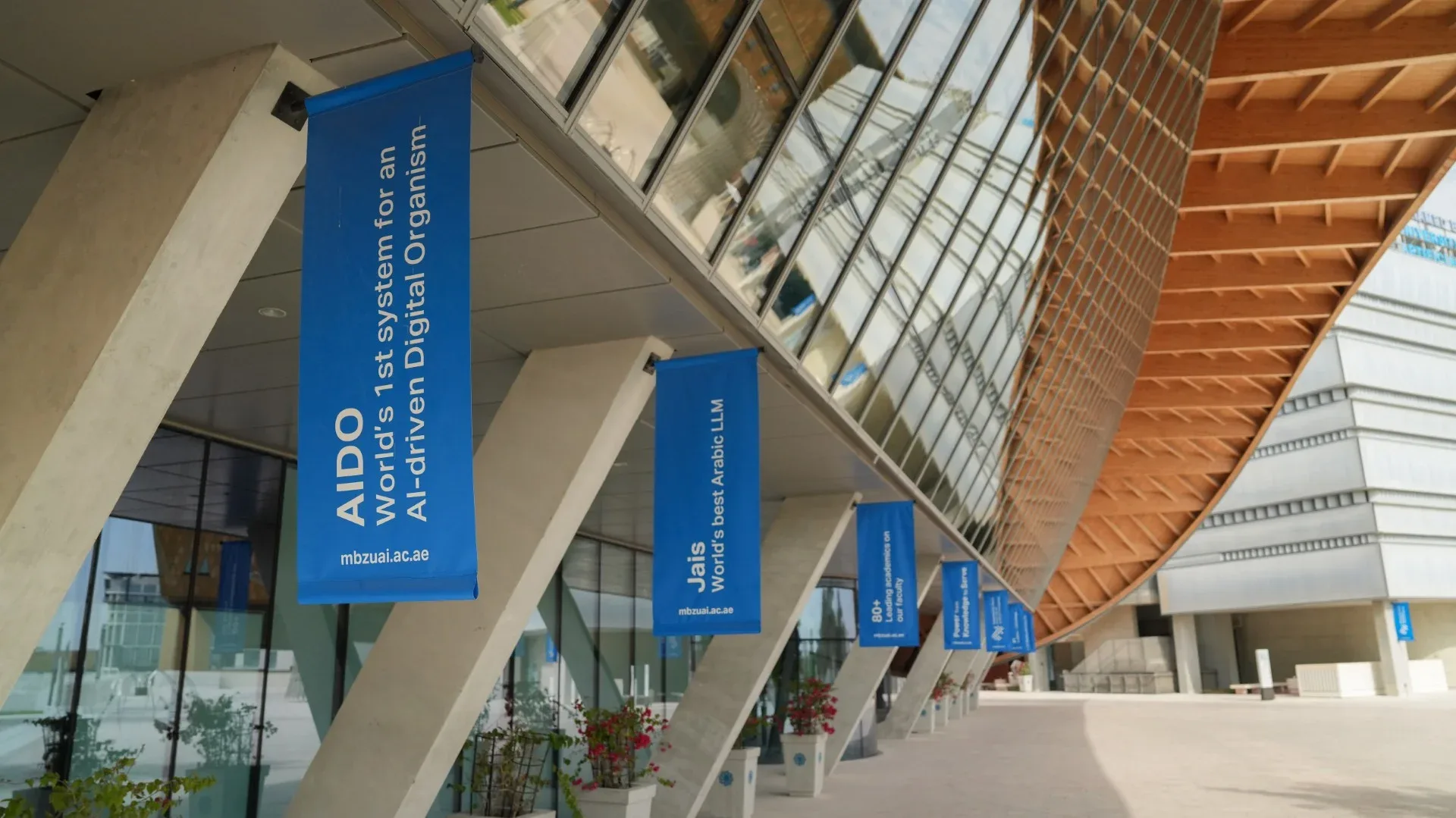Five Ways AI is Creating a Healthier Future

As artificial intelligence continues to transform healthcare, developments in multimodal models could hold the key to improving maternal and newborn health — the core focus for World Health Day 2025 today, under the theme ‘Healthy Beginnings, Hopeful Futures’. Mohamed bin Zayed University of Artificial Intelligence (MBZUAI) is helping to lead AI-driven improvements in medical imaging and ultrasound analysis that could drastically improve the prenatal and postnatal health of babies, though this is just the tip of the University’s efforts to revolutionize healthcare. From understanding human biology in greater detail than ever before to serving remote and illiterate communities, faculty, students, and researchers at MBZUAI are tackling some of the biggest challenges in healthcare today.
Here are five ways in which MBZUAI is reshaping the healthcare landscape:
Improving fetal health
A team of researchers at MBZUAI’s BioMedIA Lab has developed a new AI model that is designed to understand fetal ultrasound images and accurately see the most subtle of details. FetalCLIP is specially trained to see and interpret complex scans, learning from a vast collection of more than 210,000 ultrasound images and their description: the largest dataset of its kind. This allows it to offer fast and reliable interpretations of images, meaning it can detect issues such as heart defects more quickly and accurately than ever before. FetalCLIP can also provide precise measurements of a baby’s anatomy, which is crucial for tracking and monitoring fetal growth and development. Alongside other research from BioMedIA, FetalCLIP is helping to empower healthcare providers, and contributing to healthier pregnancies and babies worldwide.
Understanding human biology
One of the most profound ways AI is transforming healthcare is by revolutionizing the way biologists understand and predict gene activity. A team of scientists at MBZUAI has been at the forefront of this breakthrough with their AI foundation model, General Expression Transformer (GET). GET acts as a biological simulator, predicting how genes behave under certain conditions and simulating biological processes before lab experiments are required, making biological research safer, faster, more accurate, and more efficient. GET is part of a wider framework called AI-Driven Digital Organism, which seeks to predict, simulate, and program biology at all levels (such as biochemistry, molecular biology, cell biology, tissue and organ networks, patient networks, and pathogen networks), and could lead to profound changes in healthcare from drug discovery and personalized medicine to new therapies being developed and breakthroughs in our understanding of genetic mutations.
Better diagnostics
The rapid advances in multimodal AI models have given rise to AI tools that can more quickly and easily diagnose diseases, as well as offer accurate prognoses and treatment plans. MedPromptX, developed by a team from MBZUAI and Carleton University in Canada, is one such system, designed to analyze chest X-rays and other patient data to aid physicians in diagnosing lung diseases and injuries. Another is SurvRNC, a method developed by a team from MBZUAI to predict survival times for head and neck cancer patients, based on their health records. SurvRNC builds on research using deep learning for cancer diagnosis and prognosis — that aims to help AI bring down the number of cancer-related deaths, which the World Health Organization estimates could reach 15.3 million per year by 2040.
Remote accessibility
One of the greatest challenges for many parts of the Middle East and Africa region is access to good quality remote healthcare — especially in Arabic. A team from MBZUAI is changing that through its advanced virtual healthcare assistant, AI Arabic Doctor. Developed through the team’s BiMediX2 model, the application is a live example of how AI can serve outlying communities and was named by Meta as a winner of its inaugural Llama Impact Innovation Awards for its potential to solve healthcare accessibility challenges across the region. AI Arabic Doctor is a multimodal model that engages with users through text and speech, is capable of understanding and responding to medical queries in English and Arabic, and can interpret and summarize medical images such as X-rays, MRIs, and CT scans. The model shows how AI can benefit not only remote communities but also illiterate users, who have been integrated as chatbots on the Telegram platform.
Healthcare at home
AI has made it easier than ever to maintain healthy lifestyles and stick to treatment plans at home. Two examples come out of MBZUAI’s Incubation and Entrepreneurship Center (IEC), which helps turn students’ AI research into impactful startups. By integrating AI with nutrition science, Nutrigenics is helping to transform accessible, personalized, and data-driven dietary management by providing real-time meal tracking, AI-driven dietary recommendations, and seamless user-dietitian collaboration. Limb, meanwhile, is an AI system that brings physiotherapy care from hospitals into homes. The app uses computer vision and 3D modeling to help patients perform exercises correctly and allows physiotherapists to ensure adherence to rehab plans. Both startups showcase AI’s growing potential as a personalized health and lifestyle companion, giving users customized treatment plans at their fingertips and reducing the need for repeat visits to hospitals, clinics, or treatment centers.
